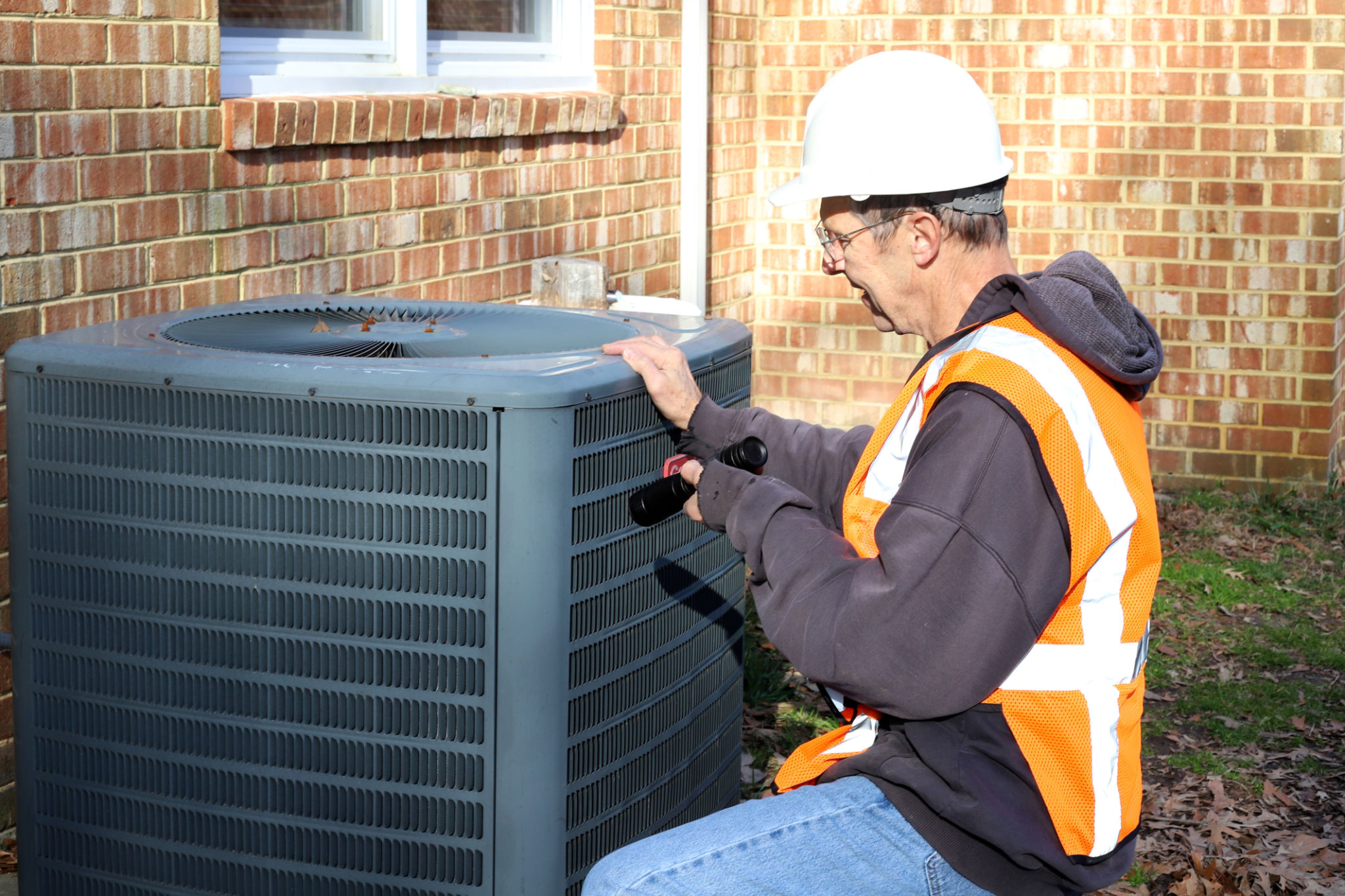Understanding Heating, Ventilation, and Air Conditioning Systems: A Beginner's Guide
Introduction to HVAC Systems
Heating, Ventilation, and Air Conditioning (HVAC) systems are essential components of modern buildings, providing comfort and air quality for occupants. Whether you're a homeowner or a business owner, understanding the basics of HVAC systems can help you make informed decisions about maintenance and upgrades.

Components of an HVAC System
An HVAC system is comprised of several key components, each serving a specific function to ensure efficient operation. The main components include:
- Heating Unit: This can be a furnace, boiler, or heat pump that provides warmth during colder months.
- Ventilation System: This includes ducts and fans that help circulate air throughout the building, ensuring fresh air exchange.
- Air Conditioning Unit: Typically a central air conditioning system or window units that cool the air in warmer months.
How HVAC Systems Work
The primary function of an HVAC system is to regulate indoor climate by controlling temperature, humidity, and air quality. The system works by drawing in outside air, filtering it, and then heating or cooling it before distributing it throughout the building. Thermostats are used to set desired temperatures, triggering the system to activate the heating or cooling process as needed.
Benefits of a Well-Maintained HVAC System
Regular maintenance of your HVAC system is crucial for ensuring its efficiency and longevity. A well-maintained system offers several benefits:
- Energy Efficiency: Proper maintenance ensures the system uses less energy, reducing utility costs.
- Improved Air Quality: Clean filters and ducts mean cleaner air, which is important for health and comfort.
- Extended Lifespan: Routine checks and repairs can prevent costly breakdowns and extend the life of the system.

Common HVAC System Issues
Despite their importance, HVAC systems can encounter problems that affect performance. Common issues include:
- Clogged Filters: Dirty or clogged filters can restrict airflow and reduce efficiency.
- Leaking Ducts: Leaks in ducts can lead to uneven heating or cooling and higher energy bills.
- Thermostat Malfunctions: Faulty thermostats can cause incorrect temperature readings and system inefficiency.
Choosing the Right HVAC System
Selecting the appropriate HVAC system depends on several factors, including building size, climate, and budget. Consulting with a professional can help you determine the best system for your needs. Consider energy-efficient models that may offer rebates or tax incentives, providing long-term savings.
The Future of HVAC Technology
The HVAC industry is continually evolving, with advancements focusing on sustainability and smart technology integration. Innovations such as programmable thermostats, solar-powered HVAC systems, and smart home integration are becoming increasingly popular, offering greater control and efficiency for users.

Conclusion
Understanding your HVAC system is crucial for maintaining a comfortable and healthy indoor environment. By learning about its components, benefits, and potential issues, you can ensure your system runs efficiently and effectively. Stay informed about technological advancements to make the most of your HVAC investment.
